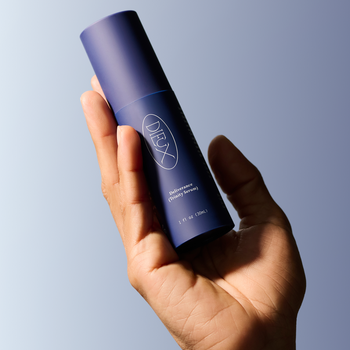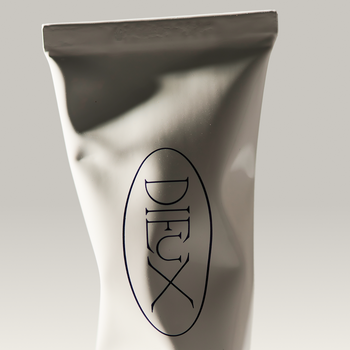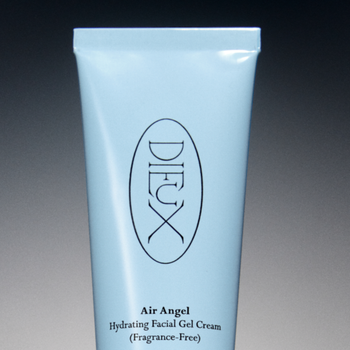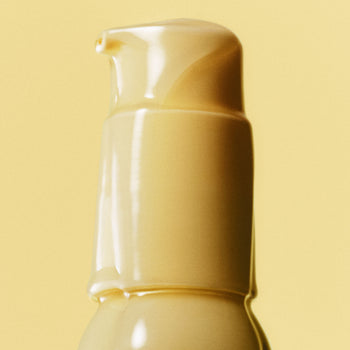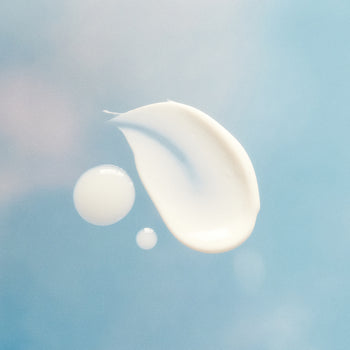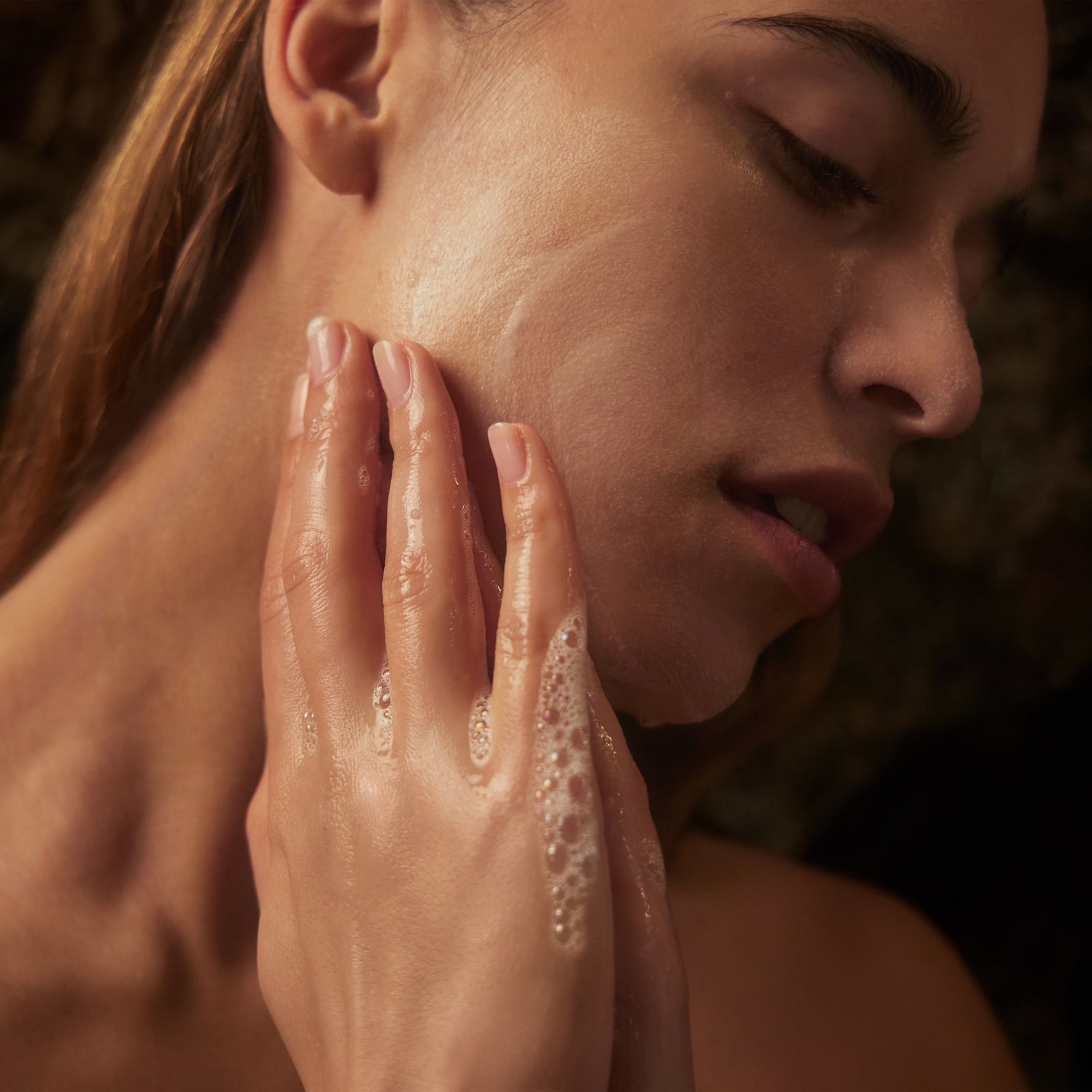
Is Fragrance Ruining Your Skin?
After years of ripping our skin off in the name of cleanliness, by 2020 the skincare community became wary of fragrance. This was a time when skincare sales were reaching record heights and it wasn’t the perfumed creams and lotions our matriarchs used but actually drugstore beauty that rose to prominence.
Fragrance-free products were trending, and it made sense. On the high end, about 5% of the population is allergic to fragrance altogether. Considering dermatologists see people with the most temperamental skin, recommending going fragrance-free is an easy and consistent best practice. When you’re giving advice to many, sometimes the nuance is lost.
To an extent, we agree. Because of their eczema and perioral dertmatits and rosacea, respectively, Joyce de Lemos (Dieux’s Co-Founder and Chief of Product) and Charlotte Palermino (Dieux’s Co-Founder and Chief Brand Officer) actively avoid fragrance in all of their leave-on products.
Where this changes for them: rinse-off products and body care. Because rinse-off products are less sensitizing as they aren’t left on skin, and body skin tends to be more resilient and more tolerant, there’s room to have more of a sensorial experience–and that includes scent. At Dieux, part of the reason we say Rituals, Not Miracles so often is that we value the creation of habit–being inclined to repeat behaviors helps you reap their benefits. In skincare, if you only try something once, it’s a good way to lose money. Formulas are made to be used consistently. And for both co-founders they knew that some people hate fragrance, and some people love it. So we wanted to give you the option without sacrificing your barrier.
In a survey on our Insiders Platform TYB (join if you want to tell us your pov and earn rewards points for Dieux!), we received a range of comments on fragranced versus fragrance-free. Some examples:
“Am I in a mystical forest spa being treated by magical animals? This scent is luxurious and relaxing. Pillow spray and body wash please!”
“The scent reminds me of Reflekt 01. I would choose unfragranced.”
“Fragranced is my winner! I love using it and find myself reaching for it more. I feel happier & look brighter after using it! best cleanser!”
“Fragrance for me! Love the smell. It’s not overpowering and brings a spa-feel sense while washing my face.”
“The fragranced one is surprisingly fresh but also relaxing every time I smell it. The scent is not strong. It's light and subtle. Very floral.”
Clearly, a broad range of experiences exists. We’re launching our first-ever fragranced cleanser, but, because we’re Dieux, it’s important to us to do so with transparency–i.e. publishing our entire ingredient list for our fragranced version of Baptism. With notes of lavender, juniper, citrus, pear and amber, fragranced baptism has major gentle cleansing power and, as one survey respondent said, the vibes of a “mystical forest” (which we’re noting as a balanced mix of woodsy and floral).

Check our entire ingredient list for more information on our fragranced and fragrance-free formulations. You’ll note there are synthetics included, which we decided on in part to remove allergenic materials. As a reminder, essential oils are made up of thousands of fragrance components…so they’re are not so different from synthetics. For more info on this, please let send us a DM on Instagram (link)! We’d be happy to give you a more detailed take.
You’re
Dieux-ing
Great
Ingredients:
Water/Aqua/Eau, Glycerin, Sodium Cocoyl Glutamate, Decyl Glucoside, Betaine, Methylpropanediol, Acrylates/C10-30 Alkyl Acrylate Crosspolymer, Fragrance, Caprylyl Glycol, Phenoxyethanol, Glycolipids, Polyquaternium-73, Sodium Hydroxide
Fragrance Ingredients:
Cedarwood (Juniperus Virginiana) Oil, Dihydromyrcenol, Isoamyl Acetate, Dimethylcyclohexylethoxy isobutylpropanoate, Tetramethyl acetyloctahydronaphthalenes, Citronellyl Acetate, Gamma. Undecalactone, Delta Decalactone, Benzyl Alcohol, Citral, Citronellol, Geraniol, Limonene, Linalool
Pharmaceutical Specialties, Inc. “Fragrance Allergy in Cosmetics/Skin Care Products | Vanicream.” VanicreamTM, Pharmaceutical Specialties, Inc., 19 Sept. 2014, https://www.vanicream.com/skin-basics/fragrance-allergy#:~:text=Frequent%20exposure,15%25%20of%20contact%20dermatitis%20patients.van Amerongen, Cynthia C A, et al. “Skin Exposure to Scented Products Used in Daily Life and Fragrance Contact Allergy in the European General Population - The Eden Fragrance Study.” Contact Dermatitis, U.S. National Library of Medicine, 2 Mar. 2021, www.ncbi.nlm.nih.gov/pmc/articles/PMC8247875/.Uter, W. “Contact Allergy to Fragrances: Current Clinical and Regulatory Trends.” Allergologie Select, U.S. National Library of Medicine, 4 Aug. 2017, www.ncbi.nlm.nih.gov/pmc/articles/PMC6040011/.University of Gothenburg. "Even Natural Perfumes May Cause Allergies." ScienceDaily. ScienceDaily, 11 February 2009. <www.sciencedaily.com/releases/2009/02/090203110549.htm>.
